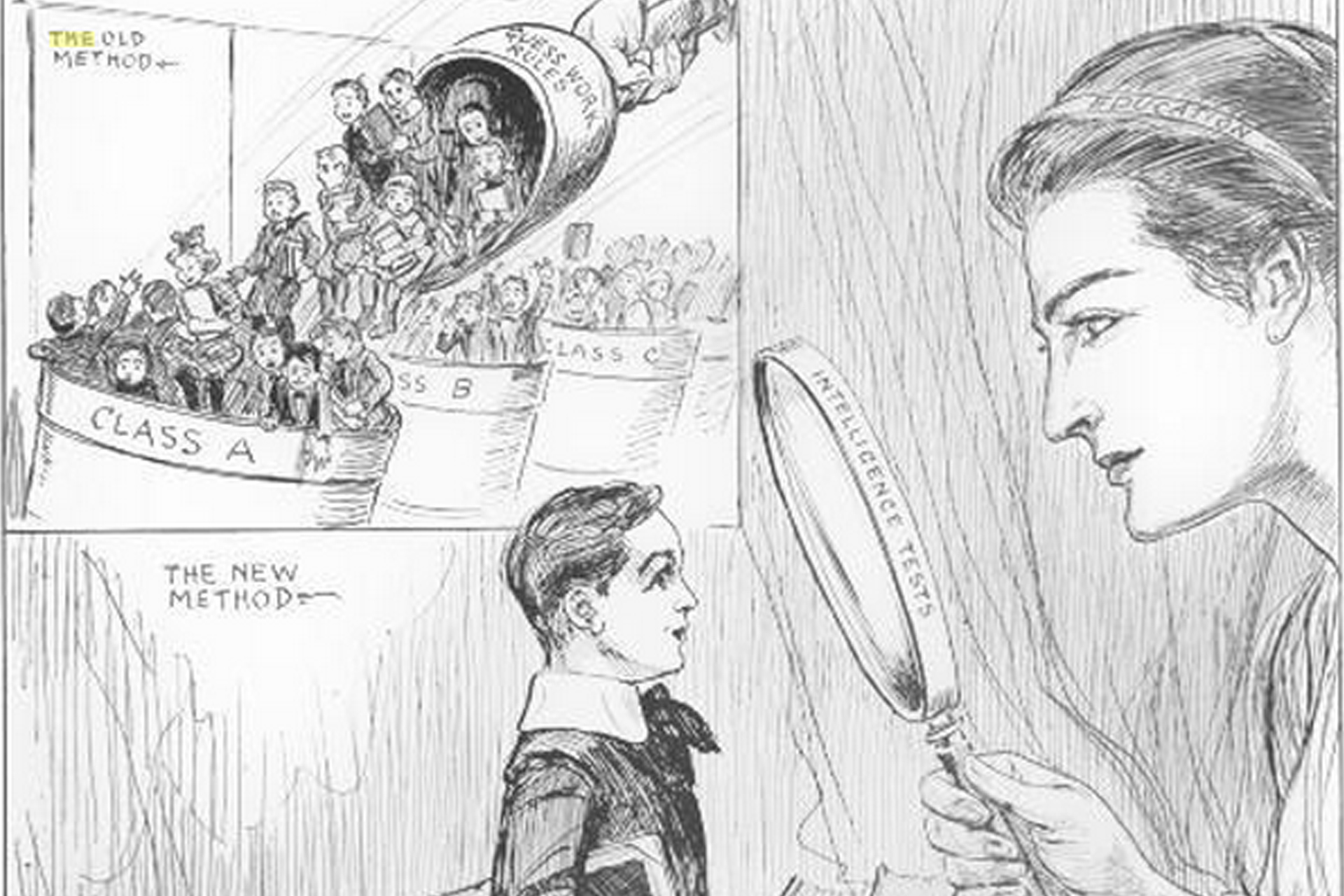Reading Intelligence: Novelists on Education and Mental Ability
A Public Event from the University of Kent and King’s College London at The Beaney, Sunday 22nd September
How do you rate your own intelligence? Chances are, the question makes you reflect on your experiences at school and perhaps especially on your exam results, even if you don’t believe school or exams are a genuine measure of mental worth.
As mass public education systems were implemented in both Britain and the United States in the late nineteenth century, “intelligence” became a key topic in science and psychology. The scientific desire to make mental capacities measurable soon entered the everyday world of the classroom in the form of the intelligence test, which came into widespread use after 1900. Yet while the intelligence test and the notion of IQ rapidly gained popular currency, the cultural meaning of “intelligence” remained unstable.
Late Victorian and modernist novels famously tell us about bad educations: about thwarted potential, cruel or incompetent teachers, boredom and disillusionment, and the gulf between formal education and the “real” world. They also probe the meaning of “intelligence” in the era when it first becomes commonplace to classify and rank minds by test scores. In these three short talks, Dr Michael Collins from King’s College London and Dr Sara Lyons and Dr Natasha Periyan from the University of Kent will discuss how novelists such as Thomas Hardy, Virginia Woolf and Mark Twain think about intelligence both in and out of the classroom.
Sunday 22 September, 3.30pm-5pm
The Explorers’ Gallery, The Beaney, Canterbury, CT1 2RA
